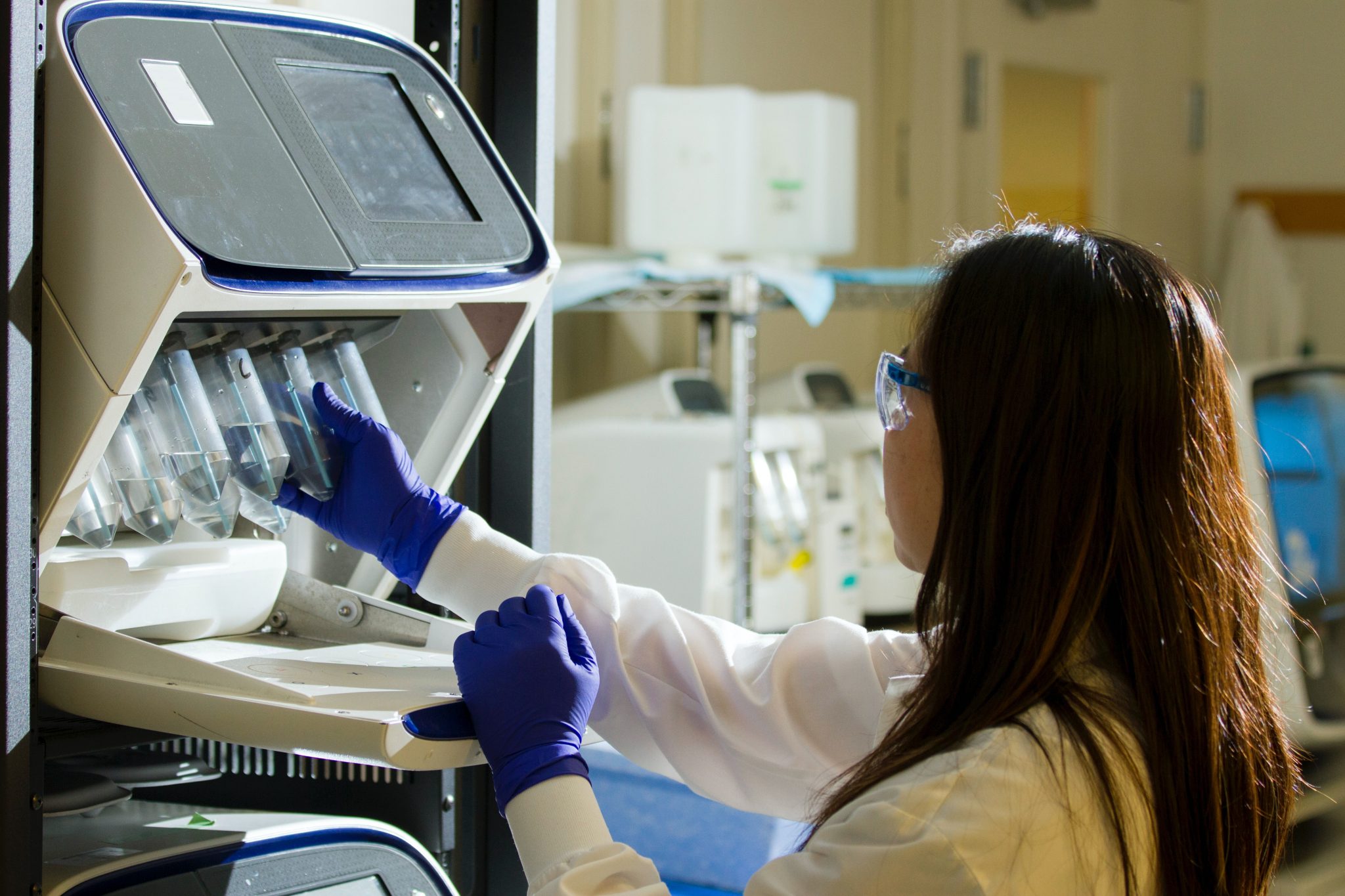
In December, Dr. He Jiankui was sentenced to a three-year prison term, fined $430,000, and fired from his position as Associate Professor of Biology at the Southern University of Science and Technology in Shenzhen, China. Did he grope a patient? No. Poison a client? Again, no. According to the official Chinese Xinhua News Agency, Dr. He and two others, Zhang Renli and Qin Jinzhou, were convicted of gene editing fetuses.
His clients were a healthy mother and a father with HIV, the AIDS-related virus. Dr. He engineered the couple’s twin girls to be resistant to the virus by using CRISPR-Cas9 technology to remove their CCR5 genes. The procedure was only successful in one of the two fetuses.
At the outset, this appears to be an agreement between consenting adults engaging in a capitalist act. The couple allegedly knew of the risks involved in this new medical technology, such as the unintentional editing of other genes in the process of removing CCR5. According to his defense, He did not hide these from the mother and father—they agreed to the procedure after weighing the dangers of AIDS more heavily than the potential perils of the new, unproven technique.
Why, then, were He and his two colleagues arrested and convicted? The easy answer is that the procedure occurred in China, a lawless country beyond the pale of civilization. But even if He had performed this gene-editing operation in the United States, a similar fate would have befallen him. The Food and Drug Administration (FDA) has yet to approve the use of this technique in human reproduction, given the serious health risks involved and the larger ethical concerns surrounding CRISPR-Cas9 technology.
What are we to make of all of this? Let us adopt a set of private-property-rights spectacles through which we can best perceive all such controversial acts. We start by asking, who were the “owners” of the “property” in question? This, presumably, would be the parents. Did they receive informed consent from the supplier of the service? Yes, according to Dr. He; no, according to the local Shenzhen court. The jury’s still out. Let us, however, abstract from this finding and adopt a Platonic perspective. Although we are indeed interested in this one case, we also want to derive a principle to deal with all such violations of the law. So let us assume that there was no fraud involved.
Should those who practice gene editing be found guilty of a crime? Well, they do break an extant law, so in that sense, yes. But this leads to another question: is it a proper law that prohibits voluntary trades of this or any sort? The answer emanating from the free enterprise philosophy is a clear “No.” Seen in this way, gene editing is a victimless “crime,” and all those even properly found guilty of violating it, should be set free.
Was there a victim in the case of Dr. He and his patients? Yes, possibly. If the dangers of this procedure were indeed of greater moment than the two children suffering from AIDS, then, yes, they might be considered victims. After all, someday this now-manageable disease might be fully cured. But this matter is clearly a judgement call about which reasonable people can disagree. The parents would not be guilty of child abuse, as they did what they thought best for their children.
What of the doctors involved? It is difficult to see them in any other way than as heroes. They put their careers, and their freedom, on the line in order to help this mother and father be good guardians. Yes, Dr. He jumped the legal gun, whether that of the FDA in the U.S. or the Chinese counterpart. But the monopoly powers of these government bodies are incompatible with the free enterprise ethic through which we should view their behavior. These organizations, too, can err. But when they do (thalidomide, anyone?) they carry on merrily into the sunset. They cannot be bankrupted through erroneous decisions. That is no way to run a railroad.
Walter Block is Harold E. Wirth Eminent Scholar Endowed Chair and Professor of Economics at Loyola University New Orleans.
Image: Public Domain
“The couple allegedly knew of the risks involved in this new medical technology, such as the unintentional editing of other genes in the process of removing CCR5.”
The couple (and their child) are not the only ones potentially affected by this — what if the child somehow became pathological to human life in general? We don’t know what all these genes do, particularly in relationship to each other, or the consequences of that.
It would be one thing if the child died — but what if the child lived and was contagious? Perhaps a “Typhoid Mary” on steroids. Do we murder the child for the common good?
It’s “murder” when you do it to a human being, it’s not when you do it to lab animals — and that’s the problem with this.